No Life Without Internet
Since the onset of the war in Sudan, internet access has become crucial for Sudanese people. Alive in Sudan spoke to two internet users, and shares with you the risks and challenges they face while trying to stay connected during clashes.
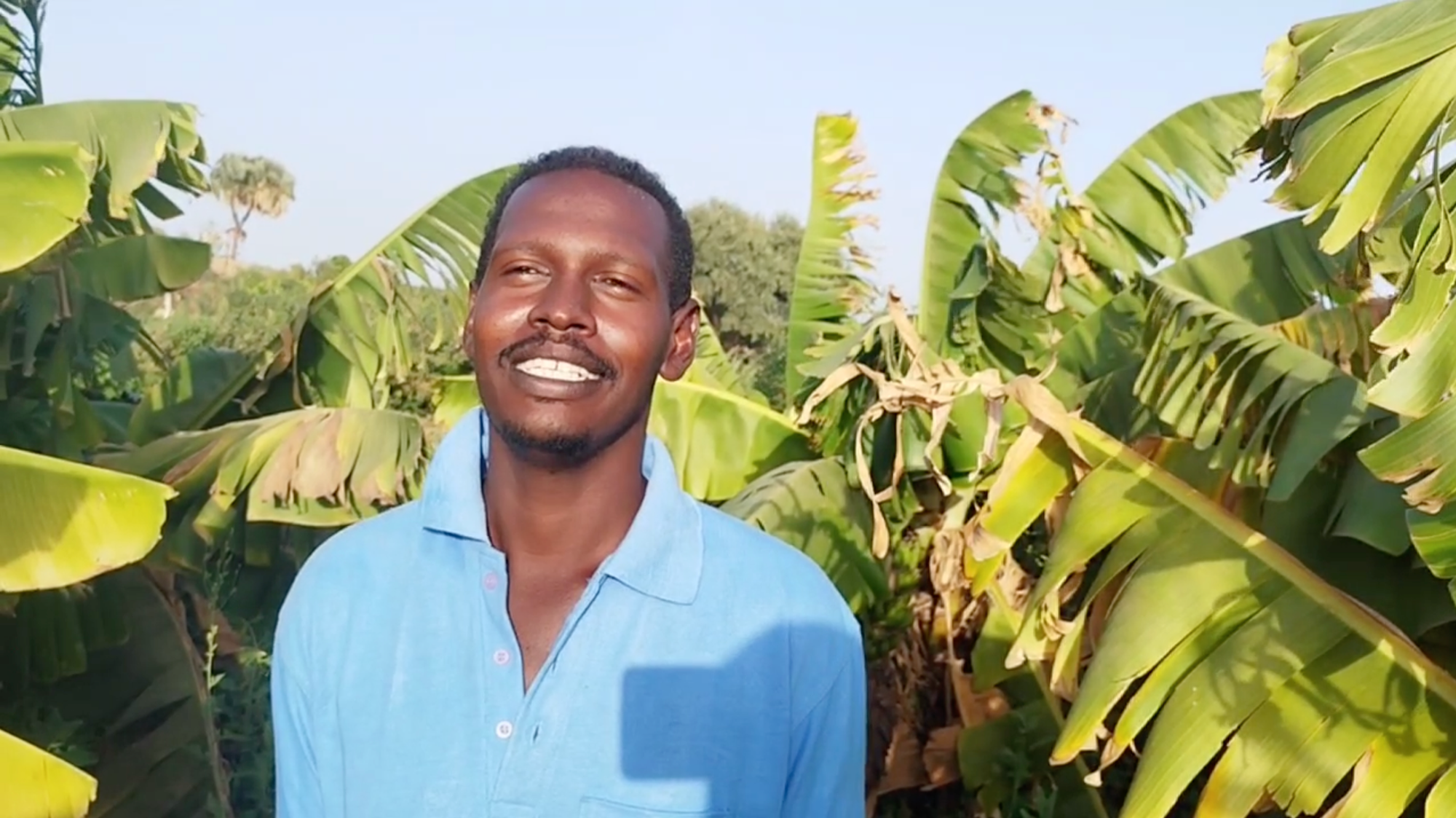
Reporting by Nasry Hilal and Ibrahim Alhaj
Written by Radi Dahan with support from the Alive-in/ Editorial Team
This story is part of a partnership between Alive-in/ and DT-Institute to support Sudanese journalists inside and outside Sudan. DT Institute is both a funder and an implementer of peace and development projects. More stories can be read in Arabic on the Alive-in/Sudan Facebook page.
Alive-in is a not-for-profit media agency that mentors journalists from underrepresented communities to increase local and national understanding.
If you are able to support our work financially, please click the button below.
SENNAR + NAIROBI–Since the war began on April 15th, 2023, ordinary Sudanese have faced indiscriminate targeting, bombing, and shelling from both the Rapid Support Forces (RSF) and the Sudanese Armed Forces. In a conservative estimate according to the Armed Conflict Location & Event Data Project (ACLED) nearly 13,000 people had died in Sudan due to what began as a power struggle between rival warlords, and has since escalated into a nationwide conflict.
However, the challenges for the Sudanese don’t end there. Internet and electricity shutdowns in Khartoum and elsewhere have made it nearly impossible to access the internet, forcing local residents to depend on Starlink to access the internet via a few centralized locations, where internet access can be purchased for an hourly fee.
Alive-in Sudan spoke with Al-Tayeb Mustafa Al-Tayeb on March 11th 2024, which coincided with the first day of Ramadan in Abu Jili village Eastern Sennar, where he was taking care of his banana trees under forty degrees Celsius sun next to the Blue Nile River. In Sennar residents relied on online banking services to survive the war, and had to cope with internet shutdowns and the loss of their only source of income.
“The impact of the network outage was significant at all levels. The community was affected given its proximity to the families who rely on it for money transfers from their relatives abroad via the ‘Bankak’ application affiliated with the Bank of Khartoum.”
Al-Tayeb is a tech-savvy young man familiar with banking transfer applications. He provided the opportunity to receive money on his account to help members of his extended family. However, when the internet was cut off in the state, the transfers stopped, and he directly experienced the hardships families face during internet outages.
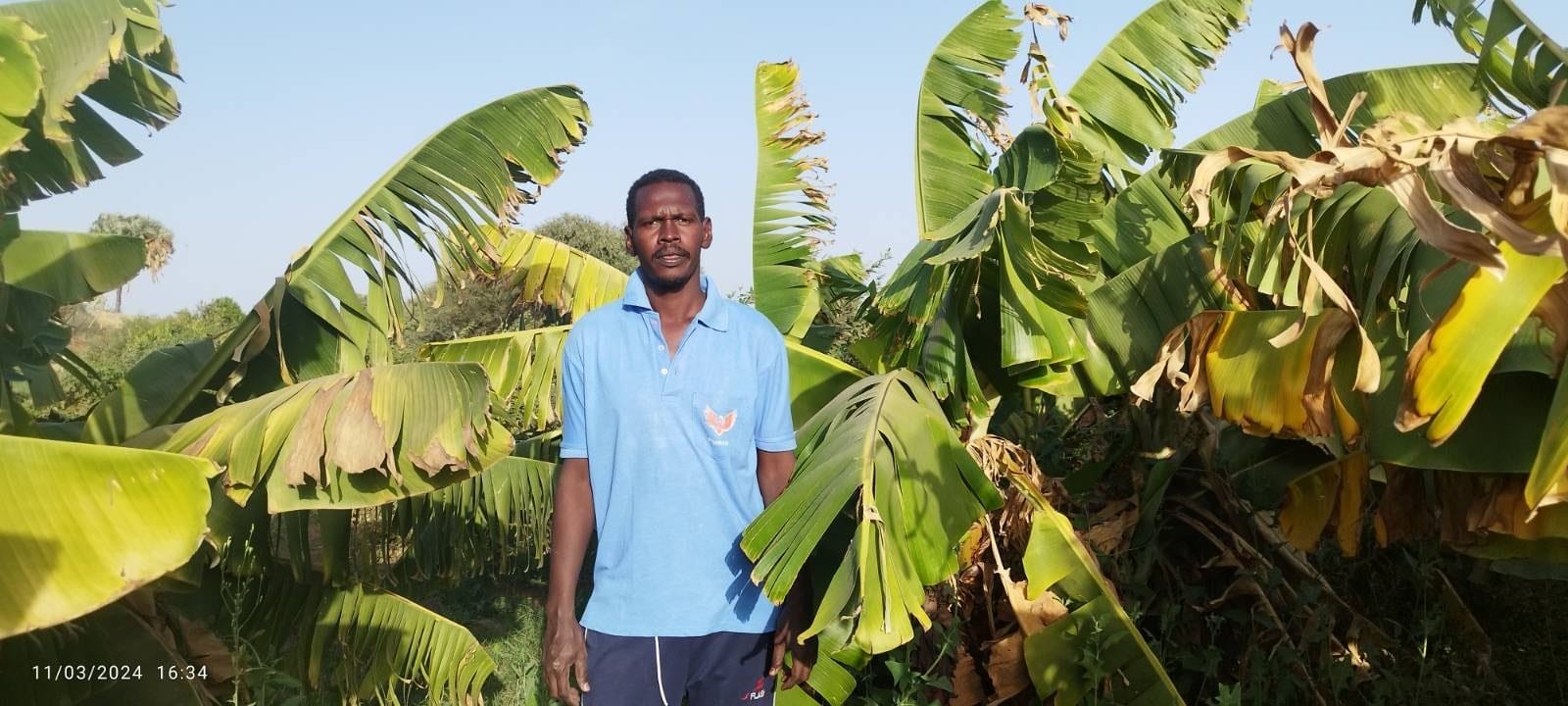
Not only did Al-Tayeb’s extended family suffer, but he did too. He was no longer able to purchase the pesticides and other chemicals necessary for his farm to thrive. This in turn contributed to the spread of pests and disease that destroyed his plants during the network outage.
“The network outage completely stopped my work, as I ordered the goods via mobile phone from Al Qadarif. The problem was the communication disruption, in addition to the halt of bank transfers, as the company’s management asks you to pay the first amount before delivering the new goods.”
In Khartoum, internet shutdowns created a new reality for those living in the war-torn city. Alive-in Sudan spoke to Emad Idris Mohammad in Nairobi on July 22nd, 2024, and he shared how news was spreading during the internet outage. “There was no communication, and all networks were down. This coincided with power outages and internet outages for about two weeks. Only the people around you were available, or you could walk to another neighborhood to hear their news that way.”
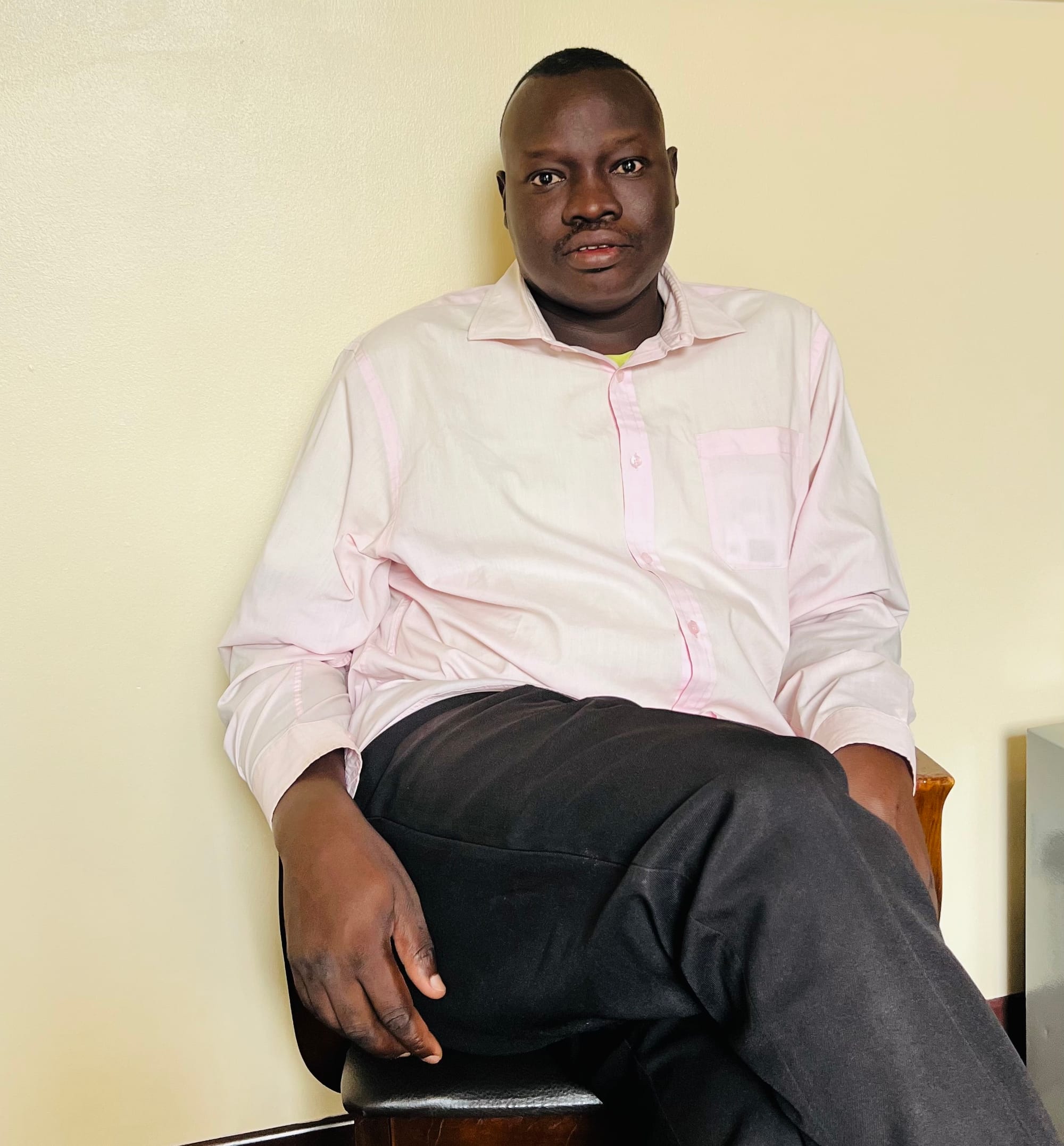
After a few months into the war, phone credit became scarce in Khartoum. Emad recalls paying 2 pounds to get 1 pound of credit, with the sellers blaming the dangers of importing credits to the capital city amidst ongoing clashes. If you couldn’t buy credit, you could go to locations where Starlink internet was available.
Some places charged 2000 pounds per hour of internet use, but the connection was so poor that watching videos or sending audio messages was nearly impossible. In other places, the internet cost 3000 pounds but was much faster. However, using these sites posed new risks. "Starlink appeared but only in specific places. All of them were affiliated with the Rapid Support Forces.The 3000-pound service was in the market, and the network was very strong, but you couldn’t guarantee your safety.
Emad recalls a neighbor who went to the market to call his children and ask them to send money for his personal expenses. This call was overheard by a member of the RSF, who became interested. The neighbor arranged with his children for the money to be transferred at a specific time.
As Emad explained “These individuals followed the man to his house, and at four o’clock, they came to his house. They were young men wearing civilian clothes. When he came out, they ordered him to give them the money. The man replied, ‘What money?’ They took him outside the house to a civilian car so the neighbors wouldn’t hear what was happening.”
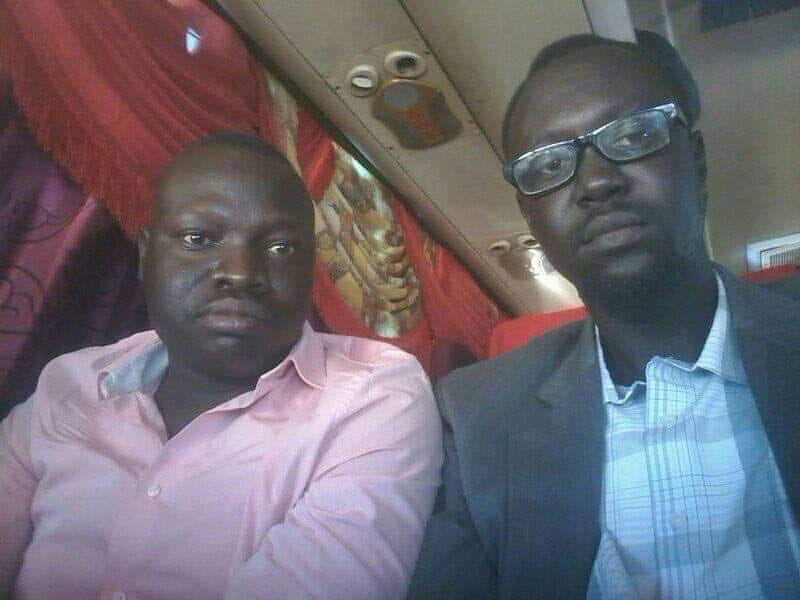
“After getting into the car, they demanded the money again, then asked for his smartphone. The man replied, ‘I don’t have a smartphone.’ The attackers said, ‘We saw you talking to someone who will send you money, and you will receive it at four o’clock.’ The man said, ‘It’s true I talked to my son, but that phone is not mine; it belongs to someone in the market.’ They beat him, broke his old phone, and threw him out of the car.”
Emad completed the story of his neighbor explaining how he requested his children to send him goods and food, rather than cash.
According to Access Now, since the outbreak both sides of the conflict have resorted to internet shutdowns to prevent the flow of information in areas controlled by the opposing side. This internet shutdown has exacerbated the humanitarian crisis, which Amnesty International described as “… a violation of international law.”
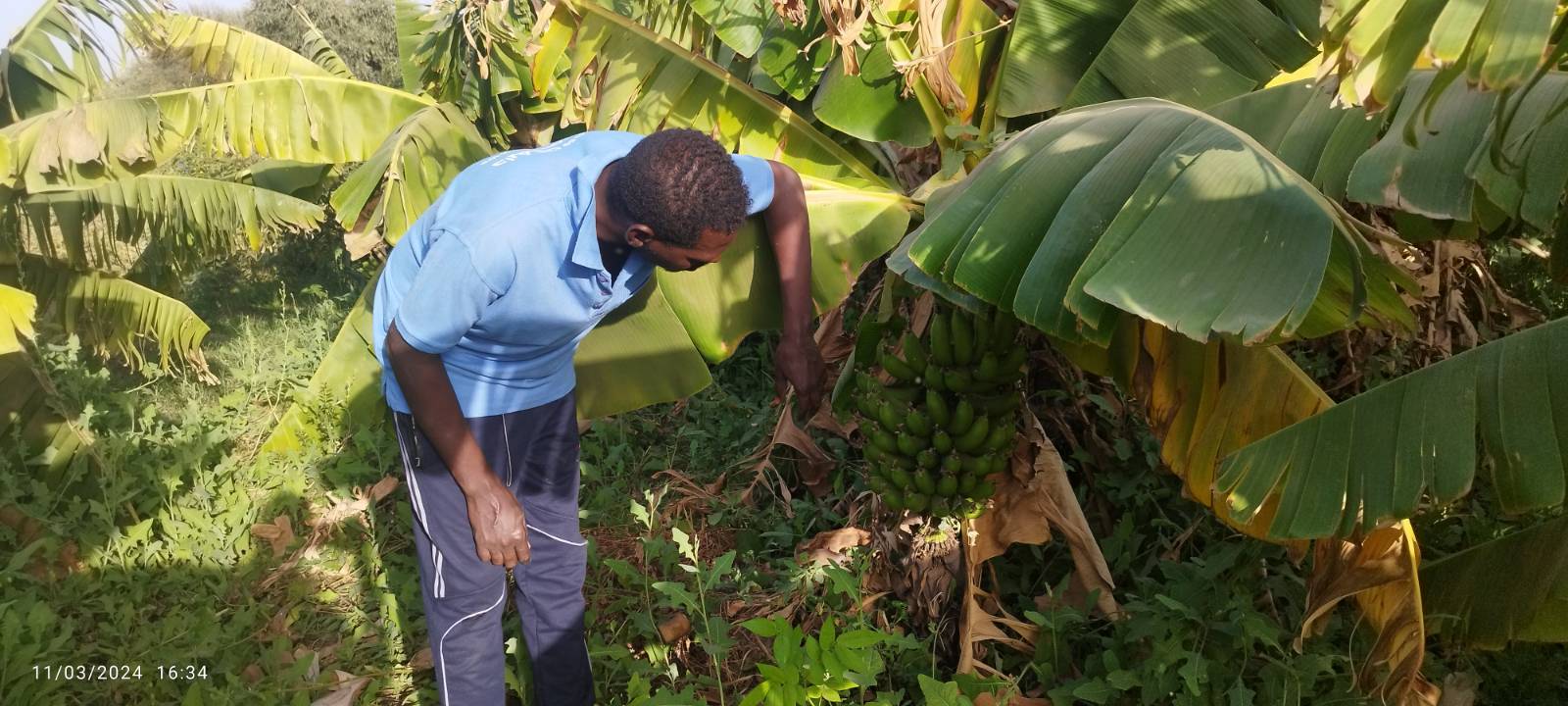
In Sennar, Al-Tayeb was also directly affected by internet shutdown, he confirms that the network shutdown caused a significant increase in the prices of consumer goods. In particular there has been dramatic price fluctuation as neither the merchant nor the customer can gather information about pricing.
“These are not real prices, because the merchant himself does not know the price, especially since he relies on the network to know the price in different cities, and then determines the price of his product or goods based on that. The disappearance of the network caused the merchants to set prices by themselves, which was a burden on citizens.”
Food and goods weren’t the only items impacted by prices inflation and corruption, it also extended to medicine and health related items. For example, Al-Tayeb recalls the price of a blood transfusion bag reached 20,000 pounds which was provided for free before the war.
“I was subjected to extortion in providing empty bags for blood transfusion, when I had a relative at the hospital and they decided to send her into surgery. When we went to donate, the hospital told us that the bags were not available, and we had to buy them, which we were forced to do. This is in addition to other similar cases that I was an eyewitness to, all of this and the curse of the war is still casting its shadows on our lives.”
Al-Tayeb says that conditions improved once the internet returned, he remembers the sense of relief in people’s hearts when they knew online banking was active again, while prices of goods became more predictable which limited extortion.
Al-Tayeb believes internet access is a human right for everyone, “Network disruption is a major violation of human rights, as communication is a natural right for all people. By doing so, you have taken away a large part of my humanity.”
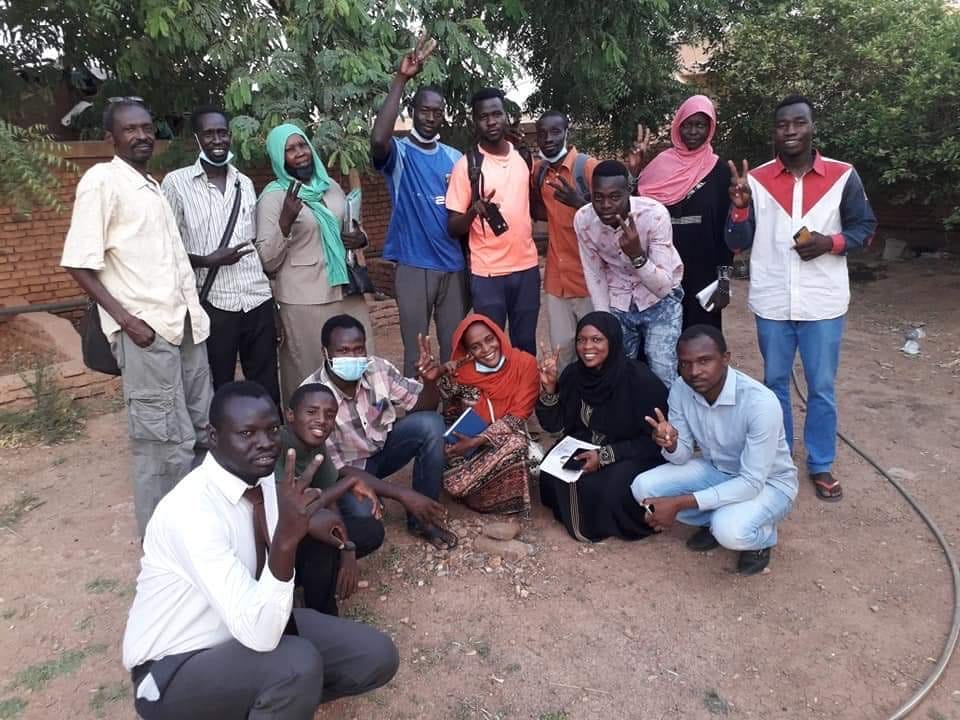
Emad told Alive-in Sudan that while he believes using the internet is important, he says it's not worth it if your life will be at risk because of it.
“This was the situation dealing with Starlink. You could go normally and enter, but you couldn’t guarantee that the place with the internet wouldn’t pose a risk on your way home.”
